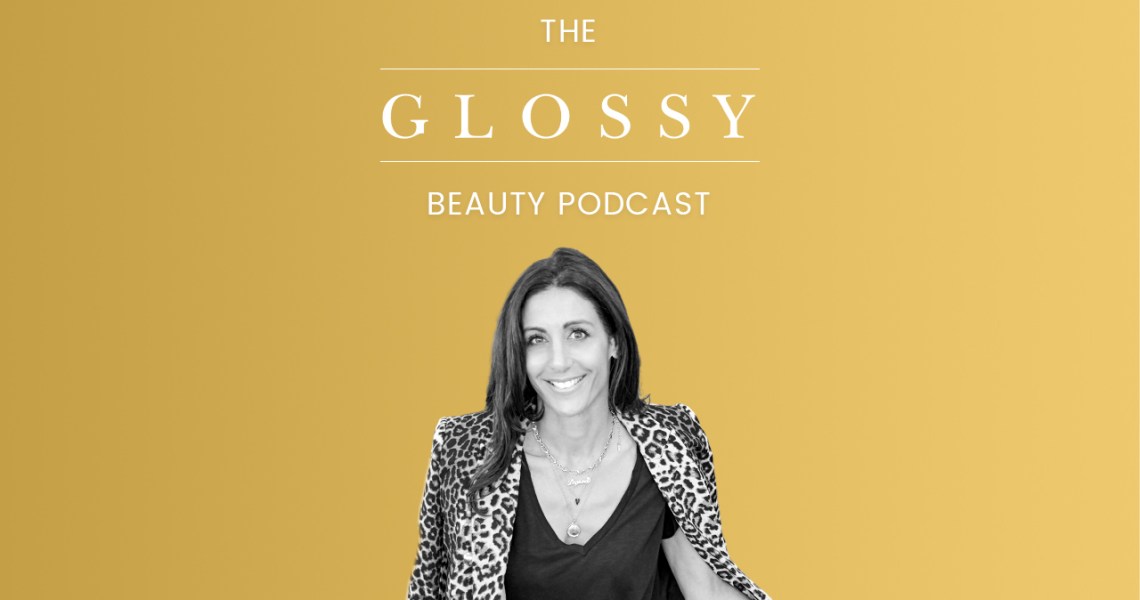Subscribe: Apple Podcasts | Stitcher | Google Play | Spotify
Millions of Americans are still out of work as the coronavirus pandemic’s ripples through the economy, and many are unlikely to return to the jobs they held a few months ago.
A few companies — including Stella & Dot, Ever and Keep — have stepped into that vacuum, offering gig economy work for people willing and able to sell cosmetics, clothes and fashion accessories.
“We really started growing when unemployment was at 8% and 9%. And in some ways you could say the growth of our business was somewhat counter-cyclical, because when people had a greater financial need, not only did you see more people join, but you saw the people that did join work more and earn more,” Stella & Dot founder and CEO Jessica Herrin said on the Glossy Podcast of the 2008 final crisis.
The company counts about 30,000 “ambassadors,” though the number of people actively selling on a monthly basis is between 8,000 and 10,000, according to Herrin.
Prior to Covid-19, Stella & Dot, Ever and Keep went through a $50 million tech revamp to connect sellers with a digital platform (inspired by Shopify, Pinterest and Polyvore) allowing them to set up a curated selection of products — a storefront, essentially — which they can then email or text to customers.
That foresight has been key to surviving as a business during coronavirus.
“Browse commerce is just done,” Herrin said. “Who wants to go to a website and search and come up with a thousand options and look for reviews that may or not be real, rather than get a curated assortment texted to you with personalized recommendations?”
Here are a few highlights from the conversation, which have been lightly edited for clarity.
How Stella & Dot hopes to outdo both Amazon and Main Street
“Is what we’re doing good for our mission of economic empowerment of all women? That is our first and foremost filter. Second: Is their product worthy to get not just the sale, but the repeat and the referral? And then is the customer experience, the delivery method enabled by technology, saving people time and money and bringing them joy? It’s those three things together that define why shopping through our social retail innovation is better than shopping at Amazon and getting it with Prime or going down Main Street, or getting it off a great e-commerce department store. To me it’s about creating differentiation, and you have to invest in full expertise in every single area in order to nail it, in order to create what’s next. And I really do believe the way we’ve created our digital platform is what’s next in retail and e-commerce. Browse commerce is just done. Who wants to go to a website and search and come up with a thousand options and look for reviews that may or not be real, rather than get a curated assortment texted to you with personalized recommendations? In our model, it comes from an ambassador, but she’s using our technology so it’s a high-touch recommendation.”
Covid-19, the nail in (some) coffins
“Retail was already in trouble pre-Covid. These industries are like the patient that had pre-existing conditions. The mall traffic was already down, a digital shift was already happening — this is going to accelerate it, and at the end of the day, it’s what’s in it for the customer? Is my product better? Is my digital experience innovative? That’s what will define the companies that triumph and grow from this.”
What separates Stella & Dot from MLMs
“The key reason why people have a stigma against this personal sales model is they’re thinking of the days — and bad actors — in which there was an inventory component of the model. Someone would buy product to resell it, and then they would earn money if they enrolled another person who bought product with the intention to resell it. It would eventually become a pyramid scheme because there was inventory loading and channel stuffing, and people had credit card debt and inventory in their garages, and not cash in their pocket. When we started from the beginning, we eliminated that risk because you are not allowed to carry inventory and we ship direct to customers. So you really can’t do that. Nor do we pay money when you enroll someone. We only share commission when you share to a legitimate customer. And that customer has free returns.”
Earrings for the Zoom age
“What we’ve seen lately that is interesting is perhaps the ‘Zoom-influenced’ accessories. Earrings are huge for us. When we launched our summer collection in May, it was supposed to last for eight weeks from an inventory buy [perspective]. It lasted for two days and blew out the door. So we have seen what we initially feared — an absolute pause in demand — surge back. And that’s due to people becoming more active, more enrollers, and people looking for this affordable, cheerful way to express themselves and feel good about themselves even if they’re just going to see people on a Zoom call or go out in their neighborhood while wearing a mask. “




